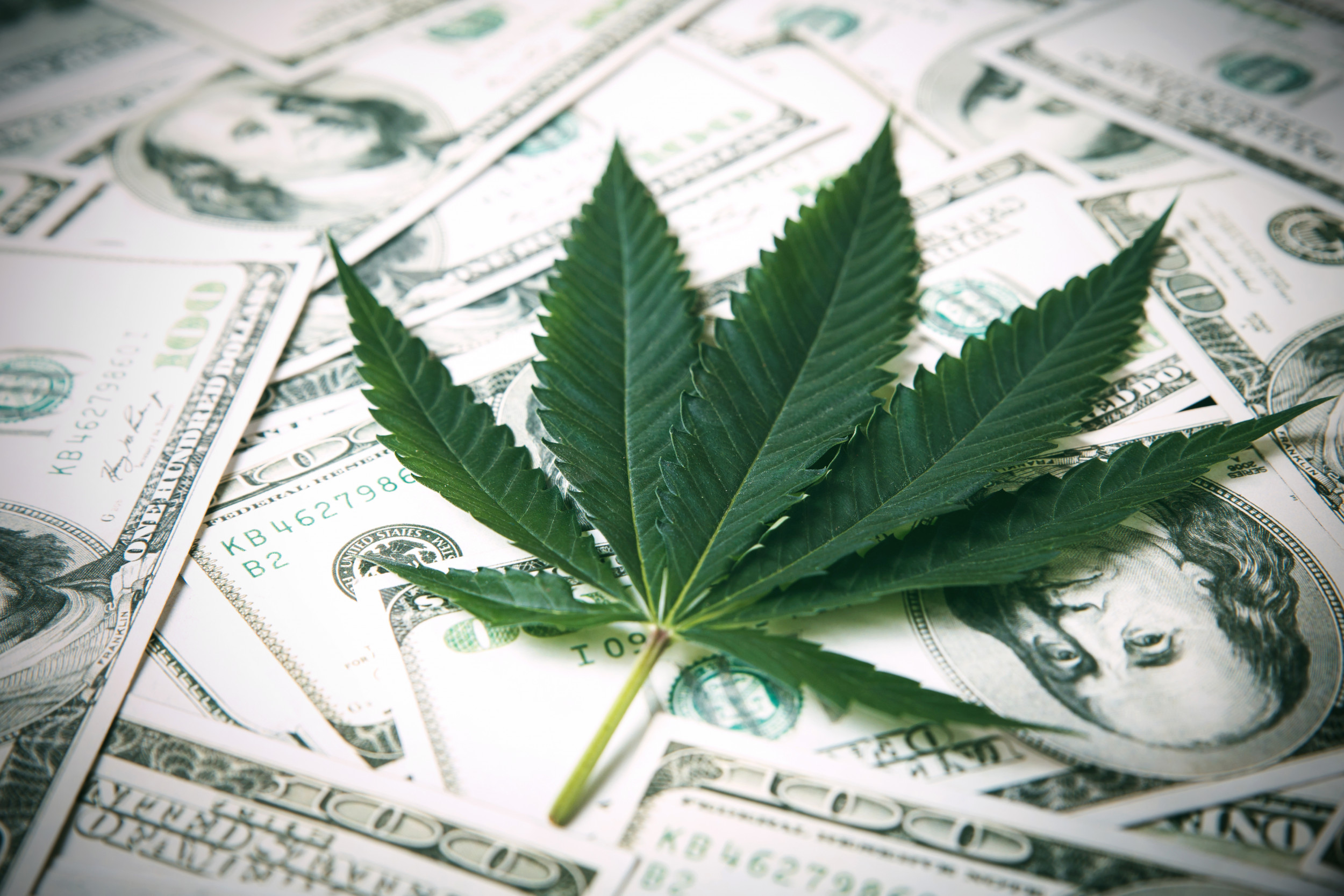The marijuana drug, also known as cannabis, can produce a range of physical and psychological effects. Cannabis generally contains between 5 and 15% tetrahydrocannabinol (THC), the chemical responsible for the majority, of the psychological effects of the plant.
Legalizing marijuana will allow it to be taken out from the hands of criminals and made available for control by police agencies. Production would be regulated, allowing authorities to test for quality, purity and potency. They also test for harmful chemicals prior to distribution to the public. In addition, taxes on cannabis products might be imposed in order to increase the revenue of the state.
This argument is closely tied to the idea that legalizing marijuana will lead to a more efficient allocation police resources. In some places the legalization of marijuana has led to horrendous prison conditions in minor offenders. This in turn diverts police resources away from fighting violent crime.

Legalization lets authorities control the distribution process. Standards of quality could be implemented to ensure that drugs do not get sold to school children who may think they are candy. Dealers aren’t motivated to stop selling illegal drugs to young children. The government would have the authority to impose taxes on marijuana, which would give them part of the proceeds from its production or distribution. The reduction in crime legalization will result in a reduction in state expenditures as a result of less police presence being needed.
The government would be able to regulate impacts of marijuana production on the environment when legalization is approved. Some worry that the massive marijuana production will lead to destruction of forests, soil erosion and depletion as well as chemical pollution. The negative environmental impacts can usually be mitigated or eliminated by allowing the state to monitor cultivation techniques.
Legalization could lead to better information about marijuana usage. These programs could be aimed at children and teens and inform them about possible dangerous side effects of the use of marijuana. Information on safe use of marijuana will not be concealed from the public by drug dealers, who would be motivated to keep their customers from being informed. It would be accessible to everyone who wishes to learn more.
Legalization also allows the state to control and tax the drug trade. Legalization could result in higher income for the state and a decrease in crime and other negative social impacts. State authorities would be able to monitor cultivation methods and plant locations to minimize or prevent the negative impacts of marijuana production. Education programs that are more thorough about marijuana usage could allow users to make informed choices about it.
In conclusion There are numerous arguments in favor of legalizing marijuana and very few against it. Legalizing marijuana is a bad idea. The potential negative consequences of criminalization outweigh the possible benefits. It is obvious that marijuana should be legalized by governments for recreational use.
For more information, click federal legalization bill
